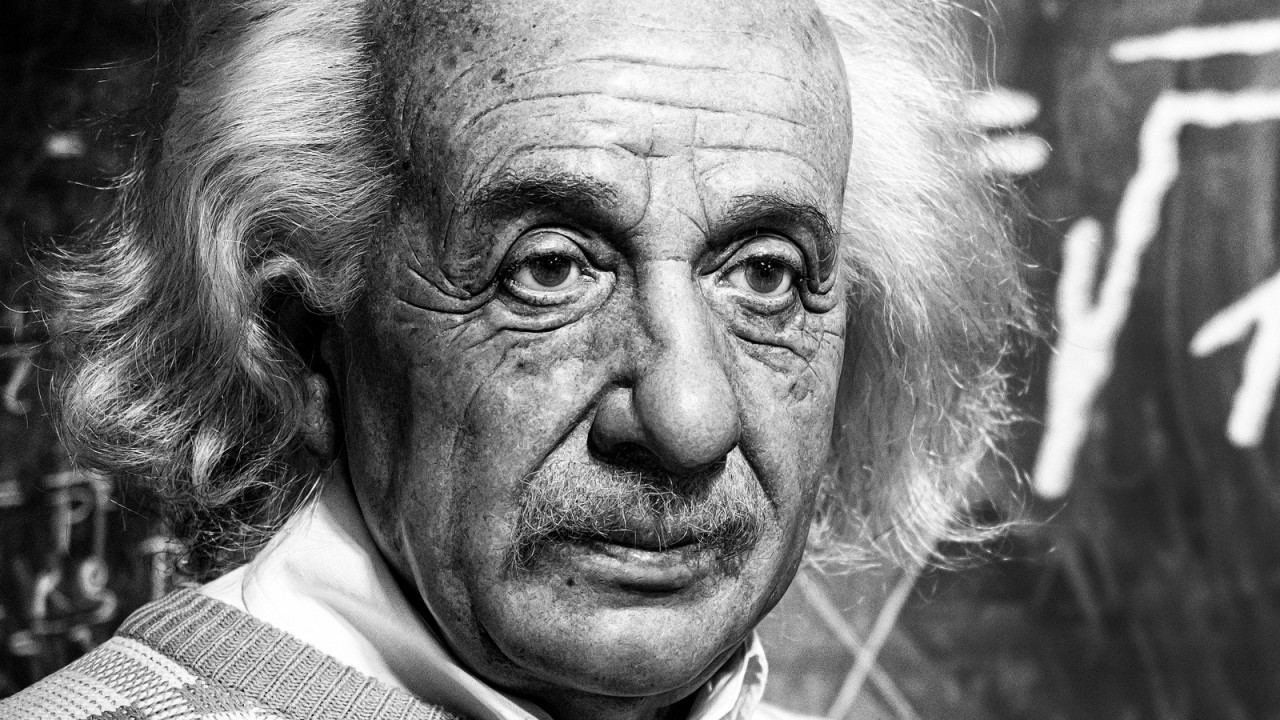
Albert Einstein Dying: Remembering the Passing of a Genius
Today, April 18th, marks the anniversary of the death of one of the most renowned scientists of all time, Albert Einstein.
The world was left in shock and mourning when Einstein, known for his groundbreaking contributions to theoretical physics, passed away on this day in 1955.
In this article, we will take a look back at the life and legacy of this brilliant scientist, exploring his remarkable achievements and impact on science and society.
Early Life and Career
Albert Einstein was born on March 14th, 1879 in Ulm, Germany. From a young age, he showed an intense curiosity about the world around him, often questioning and challenging traditional beliefs and concepts.
After completing his education in Germany, Einstein moved to Switzerland to continue his studies in physics and mathematics. It was during this time that he began to develop his revolutionary theories, which would ultimately change the course of modern physics.
In 1905, Einstein published a series of papers that would come to be known as the "Annus Mirabilis," or the "miracle year."
These papers presented groundbreaking theories on topics such as the photoelectric effect, Brownian motion, and special relativity. Einstein's work during this time challenged long-held beliefs in physics and set the foundation for many of the discoveries that would follow.
Later Years and Legacy
In the years that followed, Einstein continued to push the boundaries of theoretical physics, developing his theory of general relativity and making significant contributions to the development of quantum mechanics. He also became increasingly involved in social and political causes, using his platform to advocate for peace, civil rights, and nuclear disarmament.
Einstein's contributions to science and society were recognized with numerous awards and honors, including the Nobel Prize in Physics in 1921.
He continued to work and publish throughout his life, even as his health began to decline in his later years. On April 18th, 1955, Albert Einstein passed away at the age of 76, leaving behind a legacy that would continue to inspire generations of scientists and thinkers.
Impact on Science and Society
Einstein's theories and discoveries have had a profound impact on our understanding of the universe and the fundamental laws that govern it. His work on relativity and quantum mechanics helped to revolutionize physics and laid the foundation for many of the technological advances of the 20th century, from nuclear energy to GPS navigation.
But Einstein's impact was not limited to the realm of science. He was also a vocal advocate for social justice and human rights, using his platform to speak out against racism, war, and inequality. His commitment to these causes inspired countless others to use their own voices and talents to effect change in their communities and the world.
Conclusion
Albert Einstein's death on April 18th, 1955, marked the passing of a true genius whose contributions to science and society continue to shape our understanding of the world around us.
From his groundbreaking theories on relativity and quantum mechanics to his advocacy for peace and justice, Einstein's legacy is one that will endure for generations to come. As we remember him on this anniversary of his death, let us take inspiration from his life and work and strive to follow in his footsteps, using our own talents and voices to make a positive impact on the world.